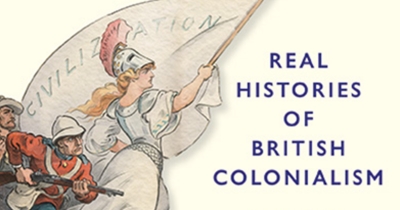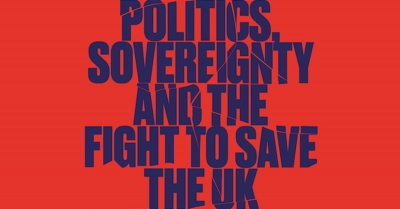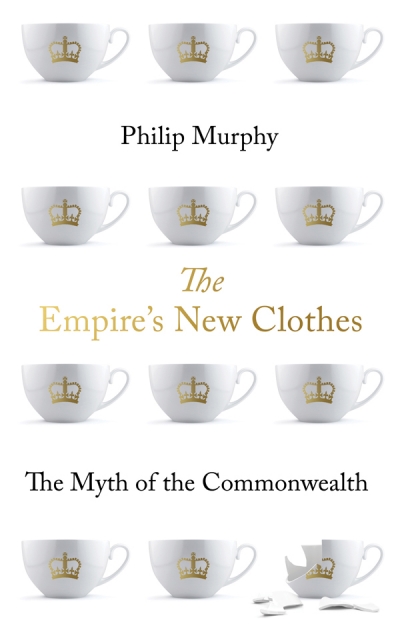Hurst & Company
The Truth About Empire: Real histories of British colonialism by Alan Lester
by Zoë Laidlaw •
Fractured Union: Politics, sovereignty and the fight to save the United Kingdom by Michael Kenny
by Ben Wellings •
Eurowhiteness: Culture, empire and race in the European project by Hans Kundnani
by Clinton Fernandes •
The Empire’s New Clothes: The myth of the Commonwealth by Philip Murphy
by Jim Davidson •




